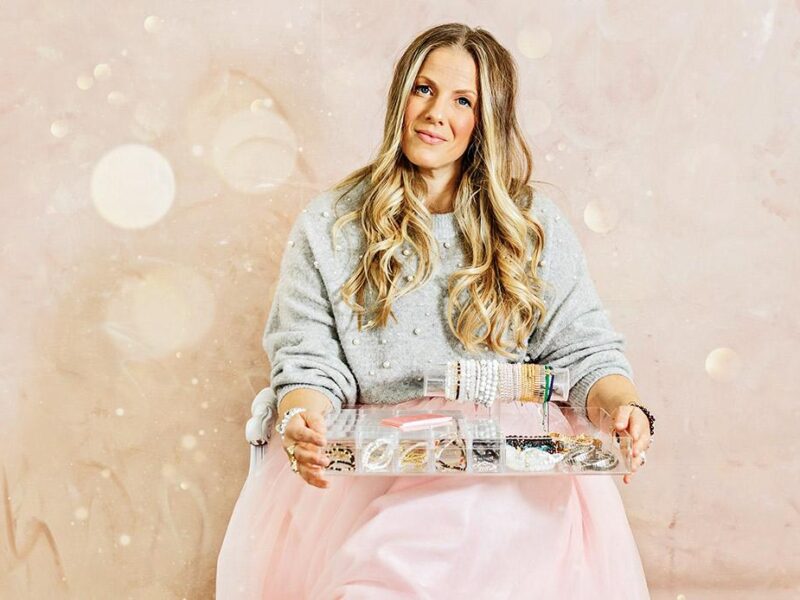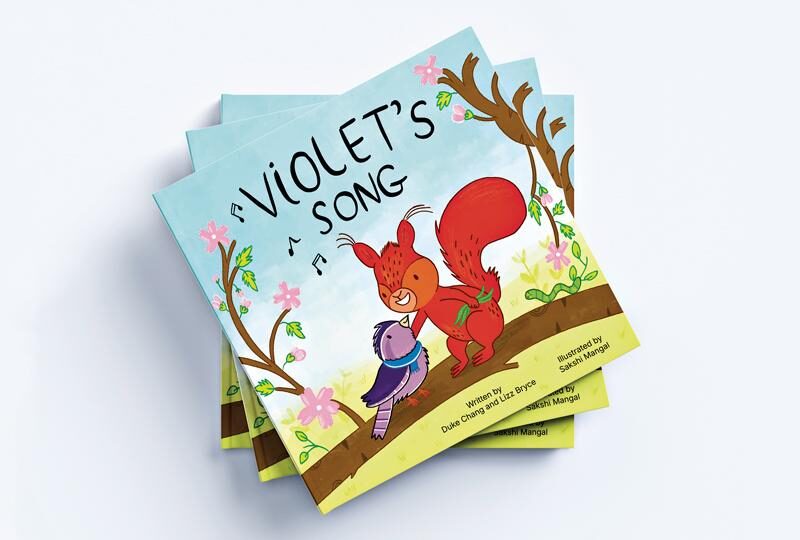Modeling failure
You’ve probably been there.
After you’ve told your children that they shouldn’t do something countless times, they catch you doing it. Don’t call people names, you’ve always said, but then they overhear you calling another driver a moron. Yelling doesn’t solve your problems, you’ve told them over and over, but then you lose your temper and yell about the pee left on the toilet seat. You can’t live your whole life looking at a screen, you’ve insisted, but then they catch you scrolling your social media feeds when you promised to play with them.
We have a cliche for these situations – do as I say, not as I do – but the fact is that kids take these things seriously. They see our behaviour, and it matters to them far more than our words. They look to our example far more than our instruction. They pattern their own actions on what we model far more than what we profess.
This is a real problem for parents, because we’re far less perfect than we want to admit. We know that we shouldn’t call other people names, or yell when we’re angry, or get too distracted by our screens, but following through on what we know isn’t always easy. If it was, we wouldn’t need to tell our kids. They’d just do it naturally. So we often end up in situations where we’re telling our kids to act in ways that we have trouble acting ourselves, and this can look like hypocrisy pretty fast if we’re not careful.
The key, I think, is to be honest with kids about the problem. We need to let them know that doing the right thing is often hard, even for parents. We need to let them know that even parents screw up and fail to live up to our own standards. We need to let them know that working toward doing the right thing is a life long process that will have all kinds of ups and downs. We also need to let them know that it’s still worthwhile to do the right thing.
We can start doing this by being honest with kids about the places where we struggle ourselves, and by sharing the ways that we’re working on our weaknesses. I’ve had to be honest with my kids that I’m a yeller, for example. I’ve never been the kind of guy who breaks things or hits people (not since I almost broke my brother’s sternum at age 12), but I am a yeller. I’m from a family of yellers. I know it isn’t helpful. I know it can hurt other people’s feelings and stress relationships. I strive diligently to control it, but every now and again (particularly with pee on a toilet seat), I’m a yeller.
So I have to admit it, not just to myself, but to my kids. I have to admit that it’s a struggle for me that it’s a place where I don’t live up to my own expectations. I have to model for them the fact that I’m not always a good model for them. I have to model for them that even my best intentions don’t always end well, just as their best intentions won’t.
If I don’t do this – if you don’t do this – our kids pretty quickly start to see and question the gaps that can appear between our words and our actions. Admitting our struggles and shortcomings lets them know where these gaps come from and help them understand that making good choices is a hard thing that they’ll need to work on their whole lives.
Our honesty allows our kids to see how even adults have to work at making good choices, and how even adults can sometimes fail. Our willingness to work at these things then becomes a model for them, where they can see us working through our failings, not as hypocrisy, but as an example of how to keep striving to do the right thing even though we sometimes fall short of our expectations.





